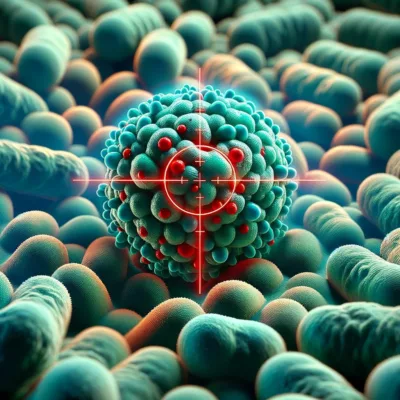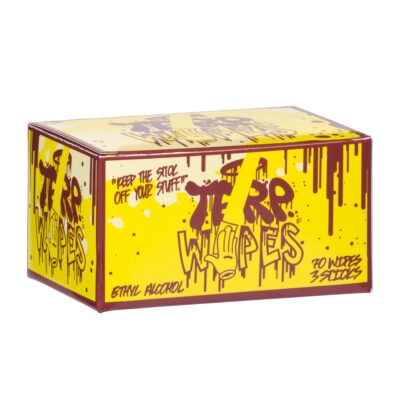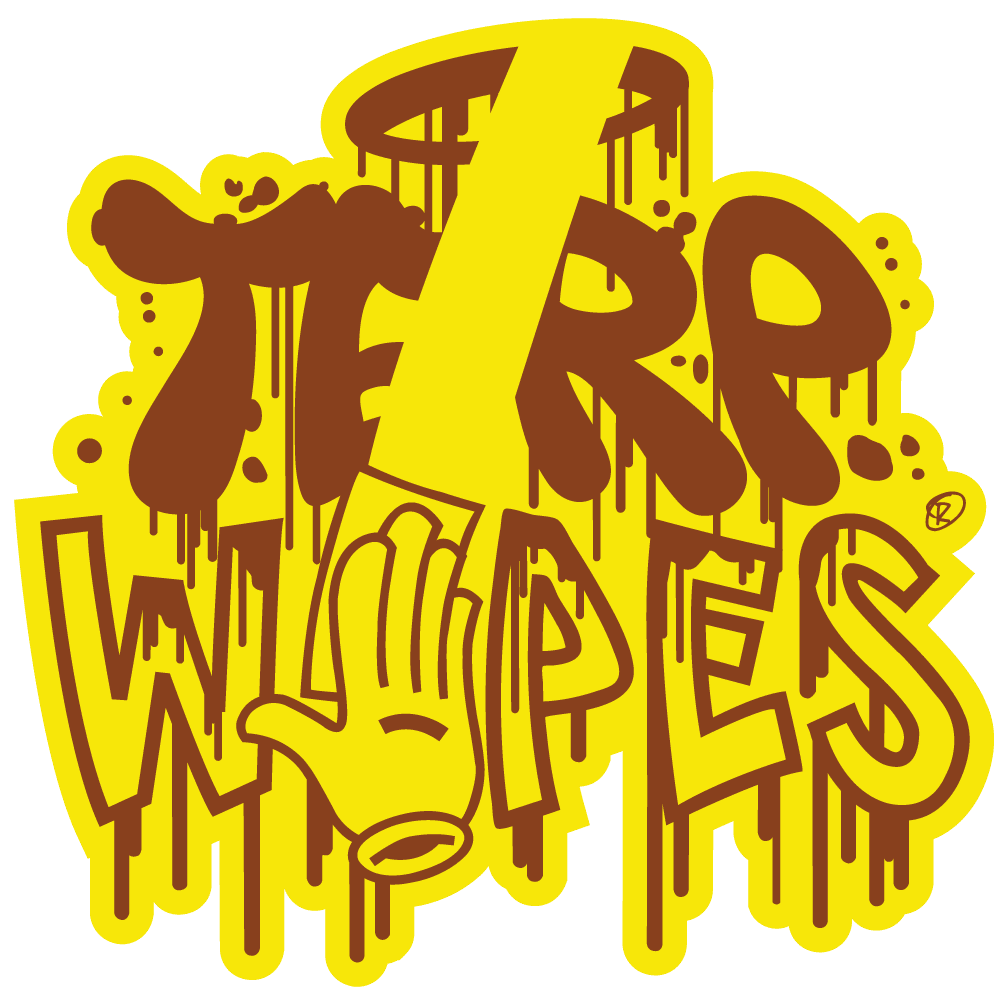Terp Wipes leverage the benefits of 75% ethyl alcohol. This choice ensures that they are not just effective in cleaning but also safe for a variety of surfaces, including delicate glassware. The absence of the need to rinse after use makes Terp Wipes an even more convenient option. Their formulation effectively captures the essence of what makes ethyl alcohol a superior cleaning agent.
The Shared Traits
Both alcohols are effective because they:
- Kill Microbes: They’re capable of eliminating bacteria, viruses, and fungi.
- Evaporate Quickly: This leaves surfaces clean and residue-free.

Diving into Differences
- Chemical Structure: Ethyl alcohol’s simpler molecular makeup compared to isopropyl affects its cleaning efficiency and safety.
- Safety Concerns: Isopropyl alcohol’s toxicity requires careful handling and often necessitates rinsing off surfaces, unlike ethyl alcohol.
- Disinfecting Efficiency: Ethanol is more effective at breaking down the defenses of various pathogens.
- Versatility with Surfaces: Ethanol is safer for a broader range of surfaces, which is vital for multipurpose cleaning products.
Why 75% Ethyl Alcohol is Ideal
This concentration is chosen for its:
- Effective Cleaning Power: It’s potent against germs yet gentle on surfaces.
- Optimal Evaporation Rate: It stays on surfaces long enough for effective action.
- Enhanced Germicidal Activity: The water in this mix aids in penetrating germ defenses.
Ethyl Alcohol in Terp Wipes

In cleaning and disinfecting, ethyl alcohol, particularly at a 75% concentration, stands out for its efficacy and safety. Its use in Terp Wipes highlights its suitability for effective, user-friendly cleaning solutions, making it a clear choice over isopropyl alcohol for both household and professional settings.
